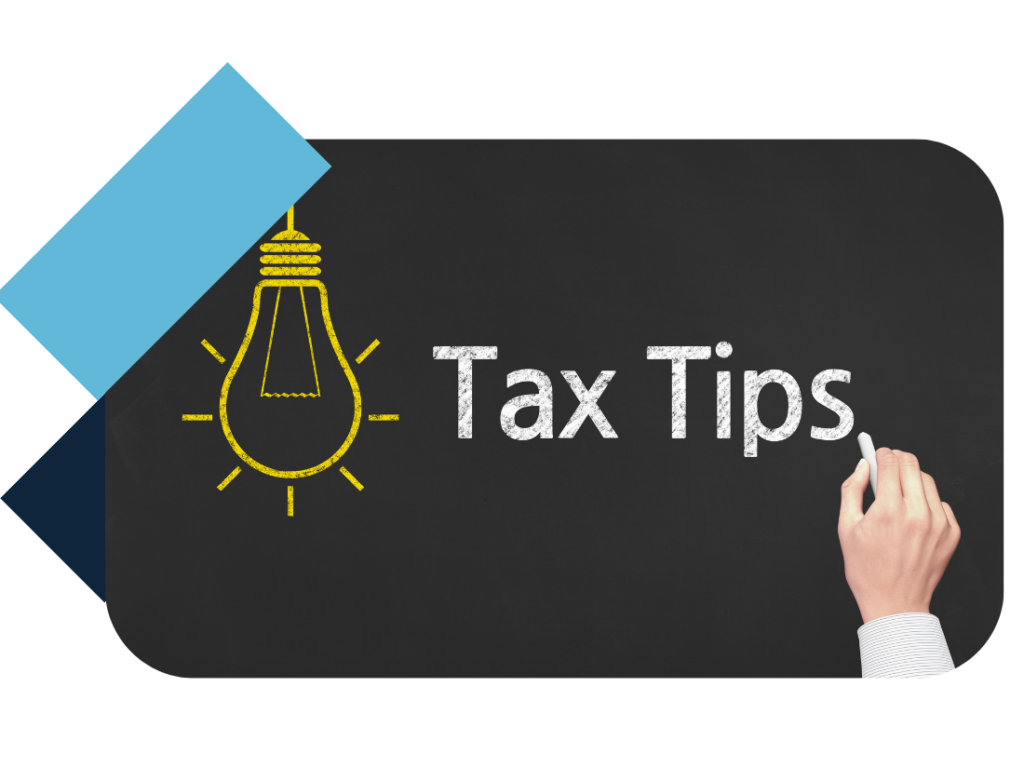For small businesses, the second provisional tax deadline is just a week away.
Now, you might dread this time of the year. You wouldn’t be the only one.
Even though South Africans are among the best taxpayers in the world in terms of paying taxes, 77% of us believe the tax system is too complex, according to a PwC survey.
And it’s easy to see why.
On average, each South African business spends R63 328 and 255 hours annually complying with tax regulations, suggests this international research project.
Right now, you might be feeling unprepared, confused, and overwhelmed.
That’s why we’re sharing simple tax tips to help you save money and time.
Our article covers how you can:
- Correctly estimate the tax you need to pay
- Save on your tax bill
- Avoid getting hit with harsh SARS penalties
What is provisional tax?
When you work for a company, your employer pays tax to SARS each month.
But it’s a different story for SMEs.
As a business owner, you receive income from selling goods or services to your customers.
Unlike salaried employees, the income you earn is not taxed before it makes its way into your bank account. So, it’s up to you to pay SARS. And that’s where provisional tax comes in.
Quentin Daniel, Lula’s Head of Finance, said the provisional tax is separate from the annual tax return all taxpayers submit each year (IRT12).
You pay provisional tax twice a year: the first provisional tax return is due in August, the second in February for companies that have a February year-end.
“You’ll pay two amounts during the year based on your annual estimated taxable income. Provisional tax is paid in two instalments so you don’t end up with a massive tax bill that’s payable at the end of your financial year.”
Calculating provisional tax
When you make your first provisional tax payment in August, you’re forecasting your income for the next year. SARS leaves some room for error, but not too much. This estimation becomes easier the longer you’re in business.
Here is a quick formula for calculating your taxes:
- Annual estimated income less deductible expenses = taxable income
- Tax due is 28% of your taxable income
Let’s take a look at an example:
You’re a business owner with an estimated income of R1 million. First, deduct expenses. Let’s say your expenses are R642,857. That leaves you with a taxable income of R357,142.
Next, you calculate your tax based on a rate of 28%.
R357k x 28% = R100,000 (tax payable).
Tax calculated for the year: R100,000
So, when you pay your first provisional payment in August, you’d pay 50% of the estimated tax. This will amount to R50,000.
In February, you will do a new estimated tax calculation to get to the second provisional tax amount payable. Let us assume the tax calculated is still R100,000, you’ll deduct the first provisional payment made and will require to pay R50,000 for the second provisional payment.
There’ll be a 10% interest on late payments if you pay after 29 February 2020. So, in this case, you’d be liable for R5,000.
There’s also a penalty for underpayments due to underestimation. (You can read more about these penalties on page 17 of this SARS guide.)
The good news is you can make an additional third payment before the tax season ends. This voluntary payment may help you avoid under-estimation penalties.
“Try to be accurate as possible to avoid under-estimation penalties. When you realise in March that you are way off, it is possible to submit a resubmission, but this might not be accepted by SARS. It’s best to be accurate on the first go,” said Daniel.
When you file your annual tax return, where you declare all your income and expenses. At this stage, you may need to pay more or get a refund.
How do you pay your provisional tax?
There are a few ways you can pay your provisional tax:
- Register for SARS eFiling. Once you’re registered, request an IRP6 return. Now, you can submit your return and pay your tax online.
- If you have an eFiling profile, you can add the provisional tax to your profile.
- Call the SARS Contact Centre on 0800 00 7277 for more information on the process
- Visit a SARS branch where staff will help you complete the IRP6 form
5 Tax Tips for Small Businesses
Submitting your provisional tax returns doesn’t need to cause confusion and stress.
Let’s look at practical tax tips for your SME:
1. Keep your financial information up to date
Organising your financial records is the first step to surviving tax season, said Daniel.
We know it sounds like a lot of admin but proper record-keeping will save time when you file your return. Plus, maintaining accurate records gives you a clear picture of your business’s financial situation.
“Strong financial management gives your SME the best shot at success,” said Daniel.
Creating a detailed spreadsheet is a simple way to pull together your financial information. Many smaller businesses opt for accounting software. Depending on the application, you can track income and expenses, send invoices, store receipts, and, of course, calculate tax.
2. Save on your tax bill with deductible expenses
Deductible expenses benefit your SME’s bottom line when it comes to tax season.
“Deductible expenses generate income but not capital,” said Daniel.
Examples include:
- Buildings
- Salaries
- Stock
- Office equipment
- Travelling costs
- Entertainment costs
Taking stock of your deductible expenses means you’ll never pay more tax than you need.
3. Take advantage of tax exemptions
Depending on your business, you may qualify for tax exemptions that reduce your tax obligation.
Examples include:
- Dividends income
- Government grants
If you qualify as a small business corporation, you may be eligible for small business relief.
That means you’ll be taxed at an effective tax rate of less than 28% based on the following scale:
4. Get professional help
As a business owner, you’ve got a lot going on. It’s OK to ask for help. Especially when it comes to your finances.
Getting advice from a professional tax consultant or accountant might be one of the best things you do for your business’s financial well-being. A professional can help you avoid costly tax mistakes and save you money in the long term, adds Daniel.
5. Consider a bridging finance business loan
Imagine this scenario: you’re presented with a great business opportunity as you’re about to pay your taxes.
Of course, you can’t break the law and avoid SARS. But that doesn’t mean you need to miss out. Many SMEs take business loans at the start of the new financial year in March so they can take advantage of new opportunities.
Your SME’s stress-free tax season starts now
Filing your provisional tax return is much simpler when you know what to expect. Now, you’re ready to conquer your taxes. Consider getting advice from a professional. This can help you avoid steep penalties.
If you need cash flow to set your business up for success for the new financial year, get a free quote. We provide unsecured loans for growing SMEs. And with our credit facility, you can have instant access to a line of revolving credit, without needing to reapply.
Apply in minutes and get funded in 24 hours.



